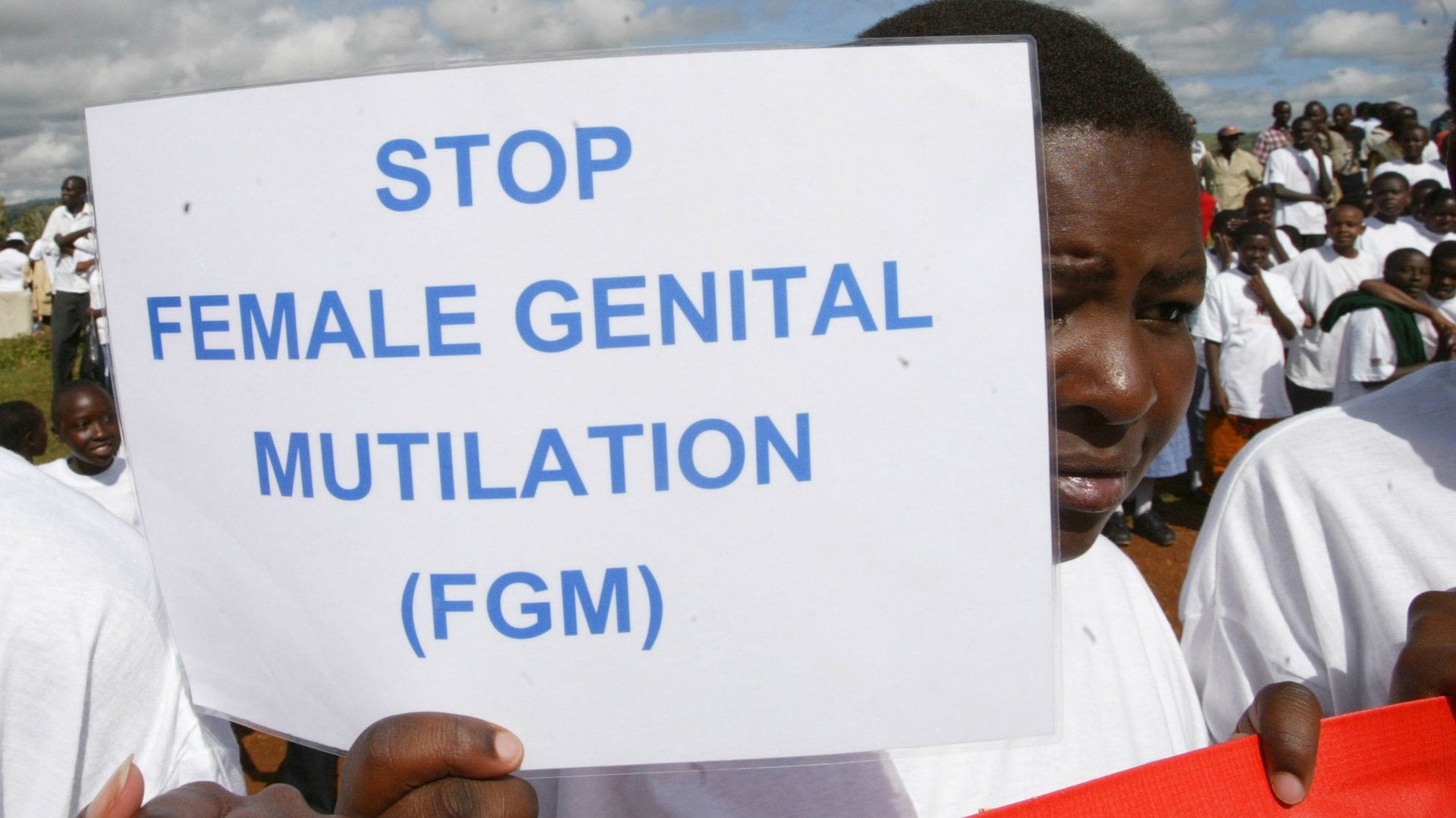A US judge says Congress can’t ban female genital mutilation
In the US, federal law has banned female genital mutilation for more than two decades.


In the US, federal law has banned female genital mutilation for more than two decades.
But this week, in the first federal case that actually tried individuals under that law, US district judge Bernard Friedman ruled that the 22-year ban on the non-medical, religiously-motivated procedure was unconstitutional.
His Nov. 20 ruling refers to a case filed last year by federal prosecutors against two Michigan doctors and several parents. They stood accused of performing and facilitating the mutilation of nine girls, a crime that under the federal law could have earned them five years in prison.
But Friedman found it’s up to states, not the federal government, to decide how to handle the issue. “As despicable as this practice may be, it is essentially a criminal assault,” he wrote. He noted that Congress had “overstepped its bounds by legislating to prohibit FGM,” referring to the ritual cutting by its acronym.
The defendants, who are members of the Dawoodi Bohra, an Indian Muslim sect, included Jumana Nagarwala, a physician accused of carrying out the procedures, Fakhruddin Attar, the doctor who allowed his clinic to be used, as well as the parents of several girls who were mutilated. Their lawyers argued that Congress did not have the authority to prohibit the practice, which they said was done on religious grounds. The procedure they carried out, they said, was not a full removal of the clitoris or labia, but rather a “ritual nick.”
Women’s rights organizations and campaigners called Friedman’s ruling a step backwards, adding that it carries the risk of turning “the 23 US states that do not have anti-FGM laws into ‘destination states’ for cutting,” according to the Guardian.
“In this day and age, for FGM to still occur—and a federal government can’t regulate this with a human rights violation—is very bizarre,” Yasmeen Hassan, Equality Now’s global executive director, told the Detroit Free Press. “This is not what I expected.”
Despite its prevalence in the Middle East, Africa, and parts of Asia, the United Nations considers FGM a human rights violation. Worldwide, the World Health Organization says more than 200 million women and girls in 30 nations have undergone the procedure.